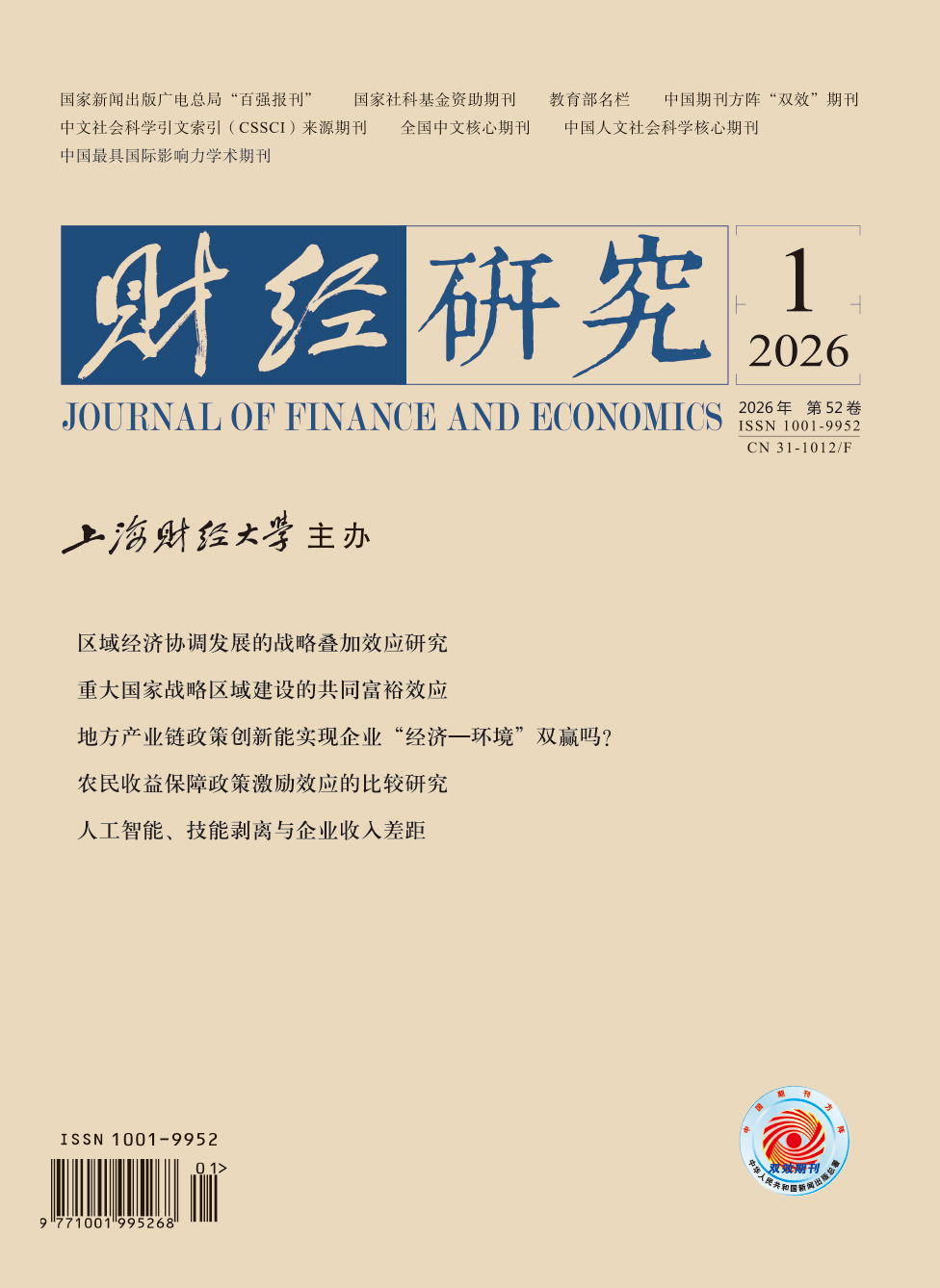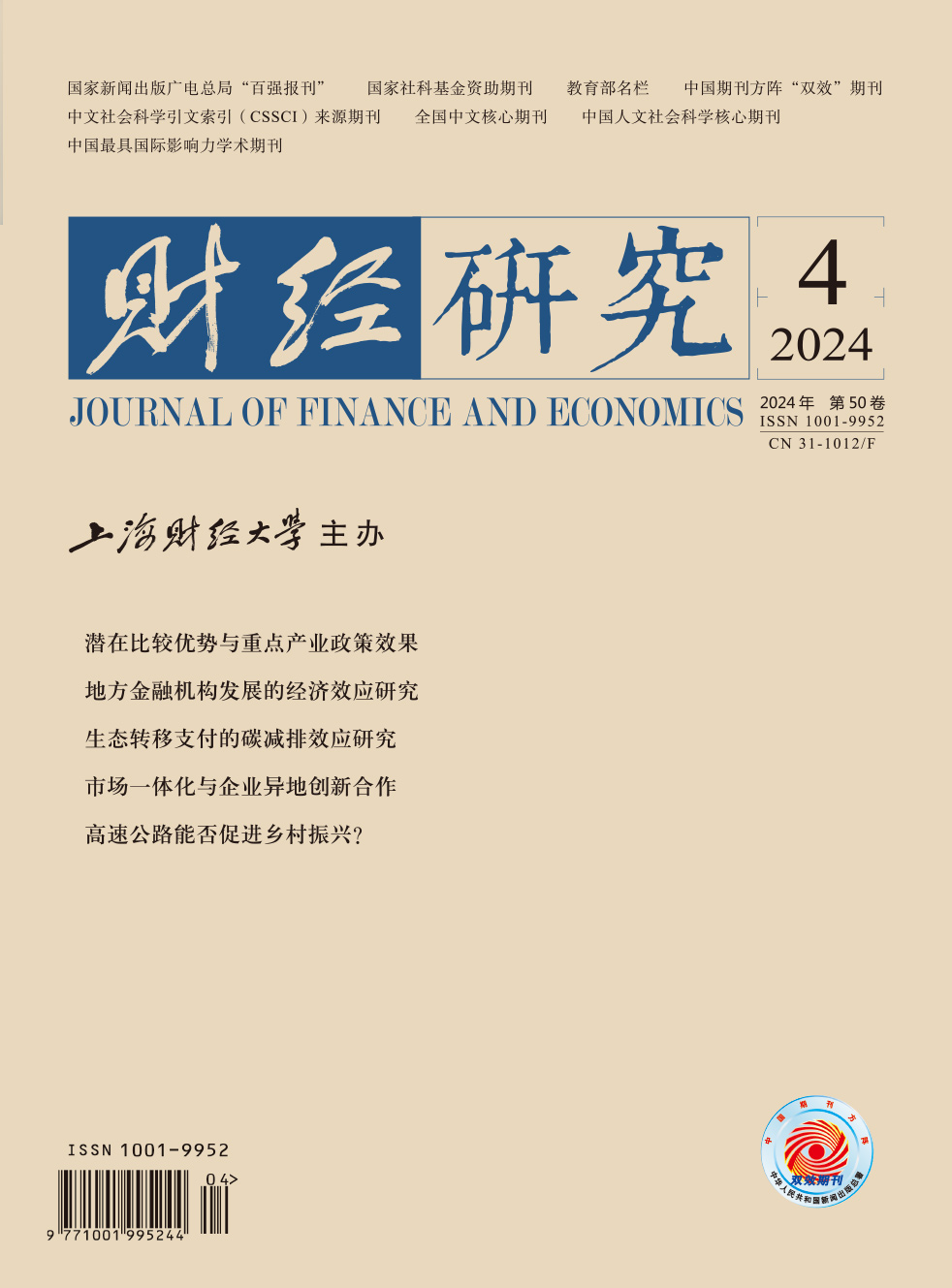The appointment of directors to participate in board voting provides institutional protection for state-owned shareholders to exercise their rights. In addition, directors appointed by state-owned shareholders can gain more power of discourse due to their control over resources, and have the ability to affect management decisions in private enterprises. Currently, ESG has received widespread attention from scholars, but the issue of corporate infringement of employee rights is not uncommon in practice. Compared to state-owned enterprises, this issue is particularly prominent in private enterprises. How to guide private enterprises to treat their employees well and achieve the unity of economic value and social value? It needs an urgent response from the theoretical circles.
Using A-share private listed companies with state-owned capital participation from 2010 to 2020 as the sample, this paper examines the impact, mechanism, and boundary conditions of state-owned shareholders appointing directors on private enterprises’ treatment of employees. The results show that the appointment of directors significantly improves the scores of employee responsibility and promotes better treatment of employees in private enterprises. This is achieved by providing resource support and raising social awareness, especially in private enterprises with higher managerial myopia, higher industry concentration, and lower labor intensity. The effect is more pronounced when state-owned shareholders are strategic investors and are in the same registered location as private enterprises.
The possible contributions of this paper are as follows: First, it refines the research on “reverse mixed-ownership reform” with private enterprises as the research object to the director level, which further confirms the viewpoint proposed in previous literature that non-controlling shareholders’ “effective governance” must involve “substantial participation”. Second, it enriches and refines the research of ESG from the perspective of enterprises treating employees well, deepening the understanding on the impact of internal corporate governance structure arrangements on ESG practices. Third, it confirms that the mixed governance of directors appointed by state-owned shareholders is an effective path to protect the rights and interests of employees in private enterprises, and finds out the effective governance mechanism to inspire private enterprises to treat their employees well.





 4913
4913  4623
4623

